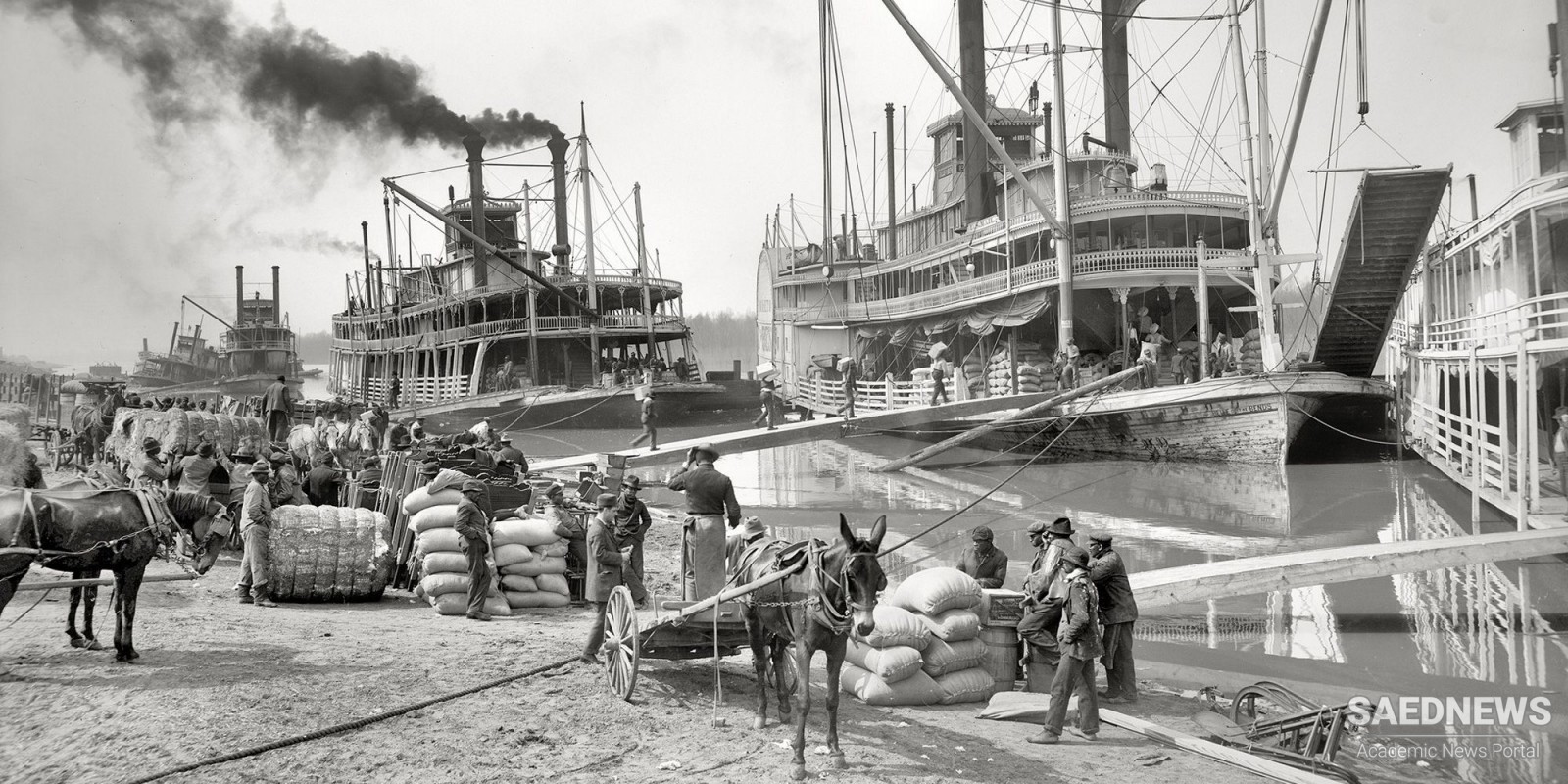M Faced with this fait accompli, the British government rushed through a new commercial convention with Iran just four days before the Russo-Iranian agreement went into effect. At the time this seemed to be the most desirable course of action. The new Anglo-Iranian convention merely gave a British imprimatur to the far-reaching changes in the commercial regime of Iran already effected by the Russo-Iranian convention. It was an attempt to make the best of a bad situation.
As a consequence of the new tariffs, Iran suffered in three important and related ways. The new rates (1) linked Iran’s trade to Russia so closely that Iran's international trade was hampered, (2) increased Russia’s grip over Iranian fiscal policy, and (3) discouraged the development of local manufacturing and handicraft by throwing Iranian markets wide open to Russian goods. A most important item of local manufacture was cotton fabrics. The removal of tariff protection forced many Iranian manufacturers to close their shops. This, in turn, produced further unemployment, which increased the emigration of the country’s small number of skilled workers to Transcaucasia.
The vigorous and “arbitrary’’ implementation of the new tariffs by Naus and his entourage soon gave rise to local opposition. The first cry against it was voiced by the clergy, who pinned the blame on Naus. Some of the Ulama went so far as to demand his dismissal. They charged that he had ridiculed the religion of Islam and insulted the clergy. The main opposition, however, came from the merchants, who had found their interest directly threatened. Their goods had been burdened with heavy duties, and they had suffered arbitrary treatment at the hands of the customs officials. They also demanded the dismissal of Naus.
These demands fell on deaf ears. The Shah did not see how the new tariffs could be disadvantageous. They had increased customs revenues, which gave him more security on which he could borrow still more from Russia. The merchants, however, continued to add to their list of grievances and clamored for an opportunity to present them to Naus in person. This opportunity was finally accorded to them, but produced no satisfactory results so far as the merchants were concerned. They saw no alternative but to close down their stores in protest and take sanctuary (bast) in the shrine of Shah 'Abd al-’Azim.


 Consequences of Baghdad Pact
Consequences of Baghdad Pact














































